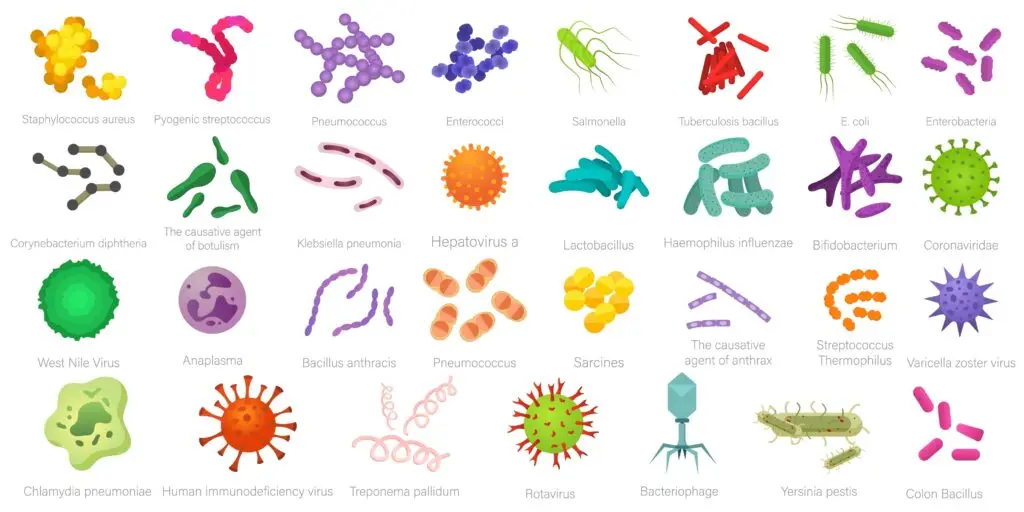Organism
What is an Organism?
An organism is any individual living entity that can carry out life processes independently. Organisms range from single-celled bacteria to complex multicellular beings like humans and plants.
Unicellular vs. Multicellular
Organisms can differ in the number of cells they have. Unicellular organisms, like bacteria, consist of just one cell. This single cell carries out all the functions needed for life, such as getting energy, growing, and reproducing. Since they have only one cell, these organisms are usually very small.
In contrast, multicellular organisms, like plants and animals, have many cells. Each cell has a specific job, like muscle cells for movement or skin cells for protection. By working together, these cells make it possible for multicellular organisms to grow larger and perform complex tasks. Both types are important, but their differences in cell structure and function allow them to survive and thrive in unique ways.
Examples of Organisms
Here are some examples of organisms and what makes them unique:
- Bacteria: These are tiny, single-celled forms of life. They can survive in almost any environment, from soil and water to inside our bodies. Although small, they play important roles, like helping digest food or breaking down dead plants.
- Plants: Trees, flowers, and grasses are all types of organisms. They make their own food using sunlight through a process called photosynthesis. This ability to create energy from sunlight helps plants grow and produce oxygen, which is essential for life on Earth.
- Animals: Animals are organisms that come in many shapes and sizes. Insects, birds, fish, and mammals (like humans and elephants) all fall into this category. Each animal has specific features for survival, like wings for flying, fins for swimming, or legs for running.
- Fungi: Mushrooms, mold, and yeast are examples of fungi. They don’t make their own food like plants. Instead, fungi get nutrients by breaking down other materials, such as decaying plants or food.
Each type of organism has special adaptations that allow it to survive and thrive in its environment. From bacteria in the soil to trees in a forest, they play vital roles in the world.
